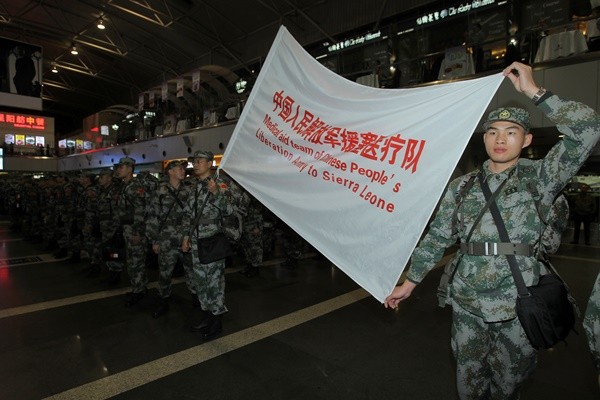Over 350 health leaders from China and Africa have recently attended a roundtable discussion, calling for an intensified health development partnership between the two countries.
Entitled “Contributing to universal health coverage, expanding access to essential medicines,” the meeting was also attended by representatives from the government, private sector, international organization and the academe.
The international roundtable meeting, which was held in Beijing this week, focused on China’s significant role in the development of Africa’s health sector.
According to Ren Minghui, director general of the National Health and Family Planning Commission’s Department of International Cooperation, “China has a unique role to play in supporting Africa’s health progress.”
“Thanks to our advances in R&D and production of high-quality, low-cost medicines and vaccines. These lifesaving innovations have tremendous opportunity to make a positive impact in the developing world,” the director general added.
“Our partnership with Africa is focused on mutually beneficial collaboration that meets the needs of African countries while also contributing to China’s health and development,” Ren furthered.
The Bill & Melinda Gates Foundation through Mark Suzman, president of global policy, advocacy and country programs, expressed support to China’s capability to help Africa.
“China has the experience and capacity to be a key partner in African efforts to expand health access and provide life-saving medicines and vaccines to those in need,” Suzman enthused.
‘We’re excited to be working closely with China and African countries to identify and invest in health and development solutions that have the potential to improve the lives of millions of people,” he added.
Suzman also shared the importance of such roundtable discussion in their organization’s ongoing efforts to collaborate with other stakeholders in ensuring their partners’ welfare.
The meeting, which is part of China’s strategy to aid developing countries for the next five to ten years, also called for an improved accountability on the part of the government.
During the discussion, the health leaders and other participants also tackled the importance of public-private partnerships and technology transfer agreements in increasing the access to various health commodities.
A special session regarding immunization also took place, highlighting the roadmap in countering the Ebola outbreaks. Earlier, China has provided $120 million to Ebola-affected areas and deployed around 1,000 medical practitioners.



























